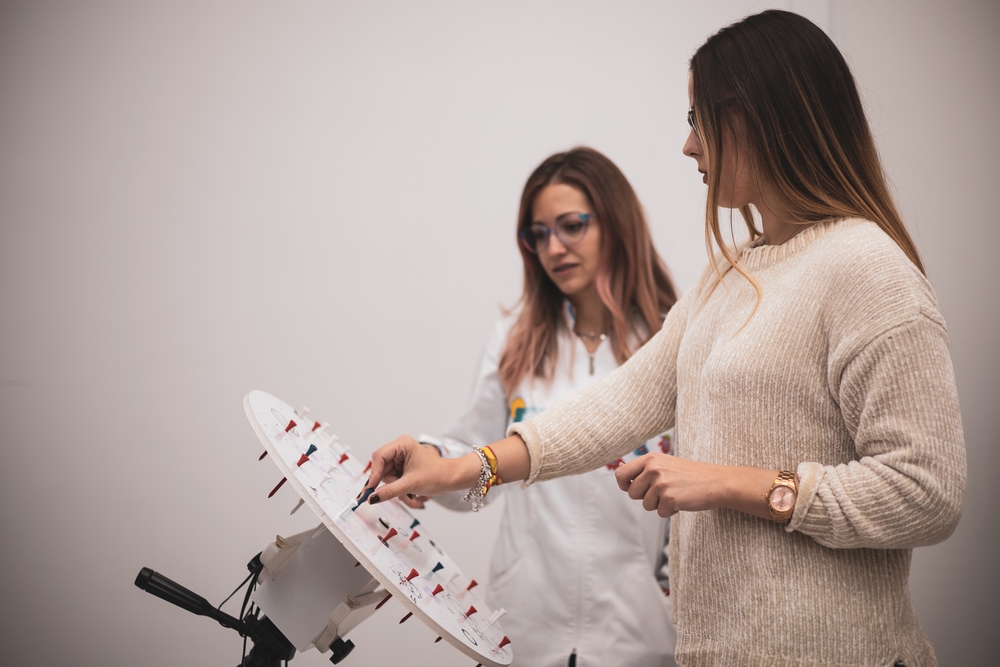Vision Therapy

Vision therapy is a treatment plan that is intended to develop and improve a patient’s visual skills and abilities, with the goal of making their day-to-day life easier. You may also hear Vision Therapy referred to as VT. Although most commonly associated with children, whose visual skills are still naturally developing, adults can also benefit from vision therapy.
What Can Vision Therapy Help Address?
Vision therapy can be used to improve or resolve a variety of conditions, including:
Strabismus (Eye Turn): Helps train the eyes to align and work together to reduce or eliminate double vision.
Amblyopia (Lazy Eye): Stimulates the weaker eye and encourages better coordination between both eyes.
Convergence Insufficiency: Improves the ability to focus on near tasks without eye strain or headaches.
Focusing Disorders: Enhances the ability to maintain clear vision when switching between near and far objects.
Binocular Vision Dysfunction (BVD): Reduces symptoms like dizziness, headaches, and difficulty with depth perception.
Eye Tracking Problems: Improves smooth, accurate eye movements essential for reading and sports.
Visual Processing Disorders: Supports the brain’s ability to interpret and respond to visual information, often improving reading comprehension and learning performance.
Post-Traumatic Vision Syndrome: Addresses vision issues caused by concussions or traumatic brain injuries.

What to Expect from a Vision Therapy Program?
Vision therapy is generally conducted as an in-office treatment, under the close supervision of your eye doctor. Each vision therapy treatment plan is personalized; tailored to the specific individual needs of each patient. Most patients can expect to schedule hour appointments once or twice a week. You may also be given specific exercises to complete at home, which will support the progress that you are making during your in-office appointments. The components of Vision Therapy Treatment are non-invasive and drug-free, making VT suitable for the vast majority of patients, regardless of their age, health and history. For many people, vision therapy is a safe alternative to conventional eye surgeries.
Insurance and Vision Therapy: What to Know
Unfortunately, vision therapy programs are not usually covered by insurance. If you have any questions regarding our vision therapy services, please call our office to find out more information.


